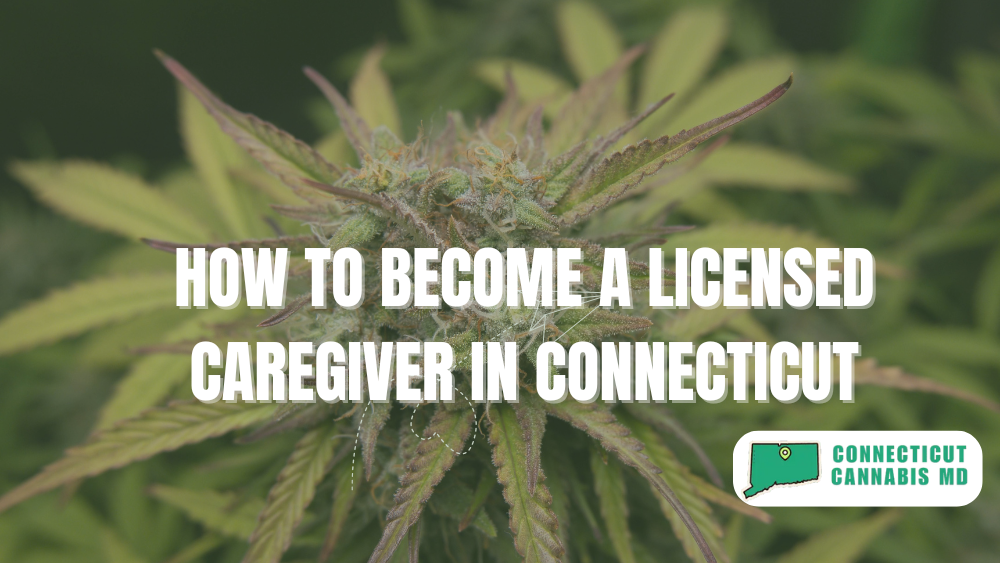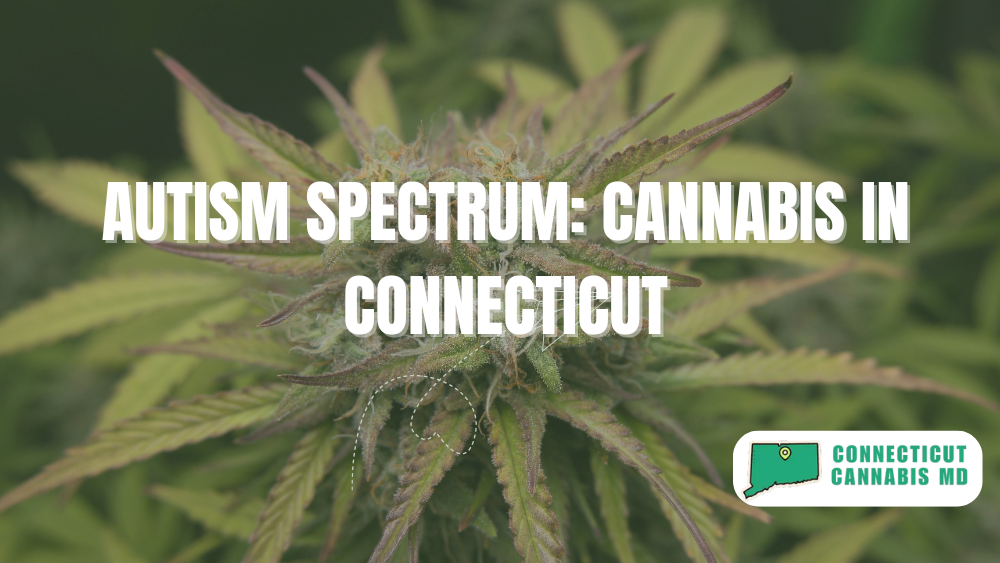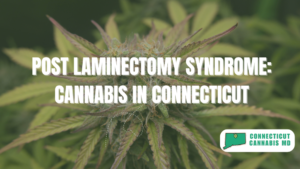How to be a licensed caregiver in Connecticut is a fulfilling chance to help those who need medical support, such as older patients. If you want to follow this path of occupation, then it is imperative for you to learn what paths are necessary along with the qualifications and responsibilities.
Here, we will take you through the whole process of what is necessary to be a caregiver in terms of training and legal requirements for each medical marijuana patient.
What Does a Licensed Caregiver Do in Connecticut?
People might need care for many reasons. For example- age or sickness of disability, and caregivers are who offer it to them. In Connecticut, skilled caregivers have the choice to work in private homes or assisted-living arrangements, including health care enterprises.
Primary Responsibilities of a Caregiver
Caregivers in Connecticut assist with dressing, bathing, meal preparation, and administering medication.
For those who qualify for medical marijuana, a licensed caregiver may also assist in obtaining and administering medical cannabis, provided they are registered through the state’s medical marijuana program.
Step-by-Step Guide to Becoming a Licensed Caregiver
To become a licensed caregiver in Connecticut, you must meet certain qualifications and follow a series of steps. Regardless if you would like to care for a family member or work professionally, this section describes what should be done.
Complete a State-Approved Training Program
The process of becoming a licensed caregiver requires you to complete a state-approved training course. Caregivers in Connecticut (CNA certified)CTAConnecticut requires its caregivers, particularly those looking to become CNAs, to receive 75 hours of training.
This might be in the form of caregiving, patient care, infection control, or emergency skills.
The programs are hosted at different schools and vary in length from as short as two weeks to 11 weeks. In Connecticut, the American Red Cross is one of a few organizations that provide a four-week caregiver training program for about $825.
Caregivers receive certification upon passing a competency exam after completing the training.
Undergo Background Checks and Health Screenings
Caregivers are screened for criminal backgrounds (and identity) to protect the child/children being cared for in Connecticut.
Caregivers are also screened for health, including tuberculosis (TB) testing and physical examination, to ensure that they are fit to provide care and in healthy condition.
Registering as a Caregiver for a Medical Marijuana Patient
Connecticut medicinal marijuana patients must register with the Department of Customer Protection (D.C.P).
Obtain the Patient’s Physician Certification
Before registering, the patient’s physician must certify that they require a caregiver to help with the administration of medical marijuana. The physician will recommend a caregiver and submit this certification to the state.
Register with the Department of Consumer Protection
Once the physician’s certification is in place, the patient must identify you as their primary caregiver in their application. As part of the registration process, you will need to provide the following:
- A valid email address for communication with the state.
- Your phone number.
- Identification documents.
Beginning July 2023, caregivers no longer have to pay the $25 registration fee that was required for those individuals who wanted to become caregivers of medical marijuana patients.
Marijuana Recommendations for Medical Caregivers
Connecticut offers telemedicine consultations for contactless treatment options that are very useful for caregivers who provide medical marijuana to people in need of it.
Telemedicine for Medical Marijuana Recommendations
Telemedicine has redefined the process by which patients and caregivers get their medical marijuana recommendation. The price for a virtual appointment for an initial consultation is $179, with an annual renewal at $149. Quick and easy, you can do it from home.
Get started with a quick and affordable telemedicine consultation today to ensure your patient gets the care they need!
The Legal and Ethical Responsibilities of Caregivers
Registered medicinal marijuana caregivers in Connecticut are protected from punishment if they follow laws.
Thus, caregivers may not be prosecuted or incur civil penalties for aiding the administration of medical marijuana to their patients as long as they abide by all specified state rules.
What Legal Protections Do Caregivers Have?
Licensed caregivers in Connecticut who are registered through the medical marijuana program are protected from legal penalties as long as they operate within the provisions of the law.
This means that caregivers cannot face criminal or civil penalties for assisting their patients with medical marijuana administration, provided they adhere to all guidelines set by the state.
Ethical Care and Compliance
Caregivers must maintain a high ethical standard in their work, respecting the patient’s rights and autonomy. This includes ensuring that patients’ medications, including medical marijuana, are stored safely and administered correctly.
Become a Licensed Caregiver in Connecticut
Becoming a licensed caregiver in Connecticut is a fulfilling path, whether you’re assisting an elderly family member, a disabled individual, or a medical marijuana patient.
The process includes completing a state-approved training program, passing background checks, and registering with the Department of Consumer Protection if you’re caring for a medical marijuana patient.
Start your journey to becoming a licensed caregiver today by exploring training programs and booking your telemedicine consultation.
FAQs
What qualifications are required to become a licensed caregiver in Connecticut?
To become a licensed caregiver, you must complete a state-approved training program, pass a background check, and undergo health screenings. For medical marijuana patients, additional registration with the state is required.
Can I become a caregiver without formal certification?
Yes, in some cases, you can provide care without formal certification, particularly as a homemaker or companion. However, certified positions, such as CNAs, require training and certification.
How much does a caregiver training program cost in Connecticut?
Caregiver training programs in Connecticut typically cost between $800 and $1,500, depending on the school and program length.
How much does a telemedicine consultation for medical marijuana cost?
Telemedicine consultations for medical marijuana recommendations cost $179 for new patients and $149 for yearly renewals. This makes the process affordable and convenient for caregivers assisting medical marijuana patients.
What is the registration process for medical marijuana caregivers in Connecticut?
To register, the patient’s physician must certify the need for a caregiver, and the caregiver must submit their information through the state’s online portal. As of July 2023, there is no registration fee for caregivers.












